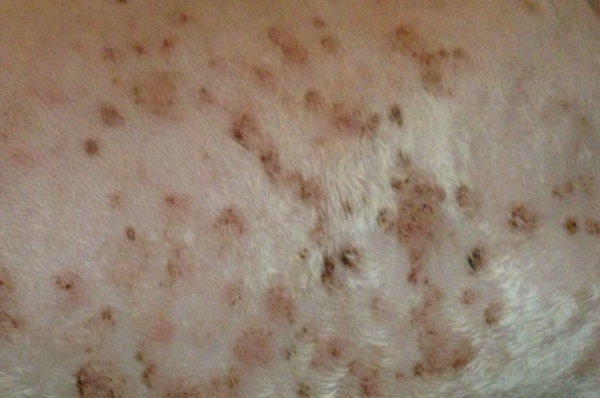Do cats raised indoors have toxoplasma gondii?
Toxoplasma gondii is a common parasite that can be parasitic on domestic pets, especially cats. Therefore, whether cats raised indoors have the possibility of Toxoplasma gondii is a question worth pondering.

Toxoplasma gondii is a tiny parasite with a body length of about 1-4 mm, an oval shape, ranging from light red to black, with spiny protrusions, which are more obvious, and sometimes emit a tan odor.
The possibility of indoor cats suffering from Toxoplasma gondii depends mainly on their behavior, such as contacting outdoor cats, eating wild animals, etc. They can also spread the virus through the air, the ground and other furniture, and are vulnerable to infection without effective control measures.
The hazards of toxoplasma gondii are mainly caused by the invasion of viruses in the host. They can cause damage to the host's intestines and can cause inflammation, anemia and suppression of the immune system, which in turn leads to chronic diseases and even death.
First, cats raised in indoors should be disinfected regularly and insects should be removed in time to prevent the invasion of Toxoplasma gondii. Second, cats raised in the room should be injected with active immune vaccines in a timely manner to enhance immunity and regularly check to detect the presence of Toxoplasma gondii as soon as possible. Third, indoor cats should be avoided from contacting wild cats, especially unchecked wild cats, to prevent the spread of Toxoplasma gondii.

If a cat raised indoors suffers from Toxoplasma gondii, it can be treated with drugs, but the veterinarian must diagnose and prescribe it. The cat raised indoors should be given anti-parasitic drugs to remove Toxoplasma gondii in the body and disinfect it in time to avoid re-infection.
In short, cats kept indoors may suffer from toxoplasmosis, so effective preventive and therapeutic measures should be taken to protect their health.




